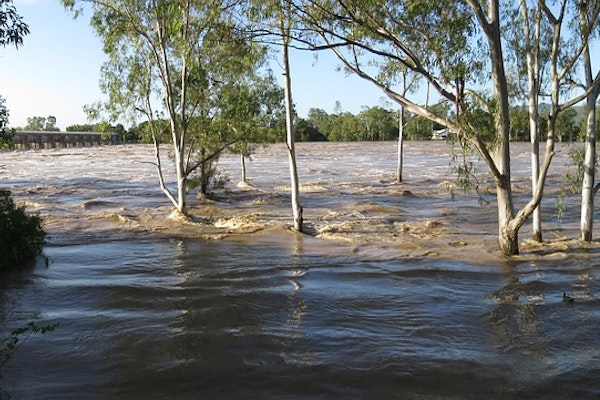
Five Emerging Risk Trends Facing Homeowners
As a famous truant once observed, "life moves pretty fast." Today’s homeowner risks include technologies that were barely invented a decade ago, demographic trends that hadn’t fully emerged, and a plant that (depending on where you live) may no longer get you in trouble.
May 19, 2021
Risk Management

The Broad Reality of Diversity
Our industry is diversifying, and that diversity has been a force for growth and innovation. Decades of work and progress have yielded more women in leadership roles, a more diverse workforce and a greater emphasis on recruiting talent from varied backgrounds and geographies.
May 18, 2021
Risk Management

Why Businesses Shouldn’t Take an Adversarial Stance Towards Their Claimants
Businesses risk damaging their brand’s reputation if they take a confrontational approach to claimants, risk experts warned during a recent virtual conference.
May 12, 2021
Risk Management

Public Nuisance Lawsuits and Insurance Coverage Issues
Historically, the common law tort of public nuisance aimed to uphold community morals and address public health violations. Now, public nuisance has emerged as a central cause of action in some of the largest environmental and non-environmental claims facing the insurance industry, raising compelling coverage issues.
May 11, 2021
Liability
Litigation
Risk Management

How to Prevent a Minor Loss From Turning Into a Huge Claim
Although American inventor and Founding Father Benjamin Franklin was not referring to insurance when he penned the famous words ‘time is money,’ today’s risk managers should take the expression to heart if they wish to reduce their companies’ claims costs.
May 4, 2021
Liability
Litigation
Risk Management

How Insurers Can Step Up On Climate Change
Insurance sector communities have invaluable expertise and resources to address society’s climate challenges, but that experience is not fully understood or harnessed into the mainstream climate, sustainable development and finance agenda.
April 29, 2021
Risk Management

Insurers Have A Huge Role In Addressing Water-Related Risks
Access to water. For so many of us, it’s a given, but for so many others, it’s a daily battle.
April 28, 2021
Risk Management

American Family Licenses KCC Catastrophe Models
Karen Clark & Company (KCC) has announced that American Family Group has licensed KCC’s full suite of US catastrophe models. The models are delivered through KCC’s RiskInsight open loss modeling platform.
April 28, 2021
Catastrophe
Risk Management

Updated Climate Change Risk Models Are Giving Insureds And Underwriters A Better Chance To Defend And Restore Property
As it builds out a framework to model future climate risk, AIR Worldwide made changes last year to its hurricane and U.S. wildfire models with the goal of providing insurers and their clients with more accurate assessments of those morphing risks.
April 27, 2021
Property
Risk Management

Cheaters Never Prosper, Unless They Work In Finance
Cheats never prosper. Or do they? Search engine optimizer Diggity Marketing tallied fines paid by some of the world’s largest companies between 2000 and 2020. The 100 most-fined companies paid between them equaled $482 billion in 8,938 separate fines.
April 26, 2021
Risk Management

A New Environment For Insurers
Environmental, social and governance (ESG) is a philosophy, not a catchphrase. A principle for the good of expanding principal, ESG is a chance for the insurance industry to do well by doing good.
April 26, 2021
Risk Management

The Future Of Risk Conference: Everything You Need To Know To Get The Most Out Of This Virtual Event
The events of the last year have provided many lessons, inside and outside the insurance industry. One concept is a certainty: It’s vital that we are prepared for what the future brings.
April 23, 2021
Risk Management

Willis Towers Watson Establishes Net Zero Commitment
The world’s number three insurance broker is the latest to express its commitment to delivering net zero greenhouse gas emissions across its business operations.
April 20, 2021
Risk Management

Rise Of Intangible Economy Means Big Changes To Risk Landscape
Intangible assets account for nearly 70% of total business value – about $11 trillion – for the world’s 50 largest corporations, according to a new report from international insurance broker Howden.
April 16, 2021
Risk Management

London Claims Firm Buys U.S. Adjusting Company
London-based claims and insurance management company Charles Taylor Ltd. said Tuesday that it has acquired U.S. adjuster Syndicate Claim Services Inc.
April 14, 2021
Risk Management





